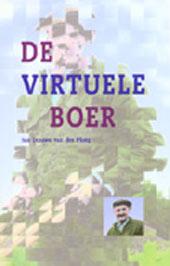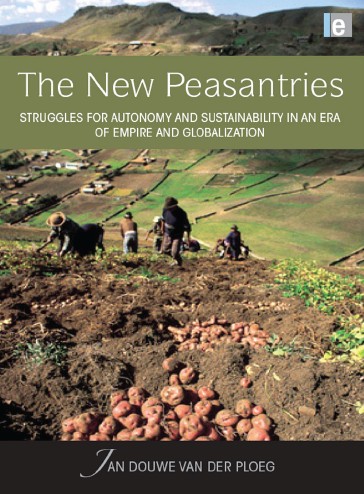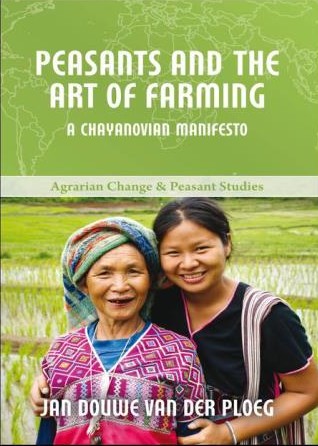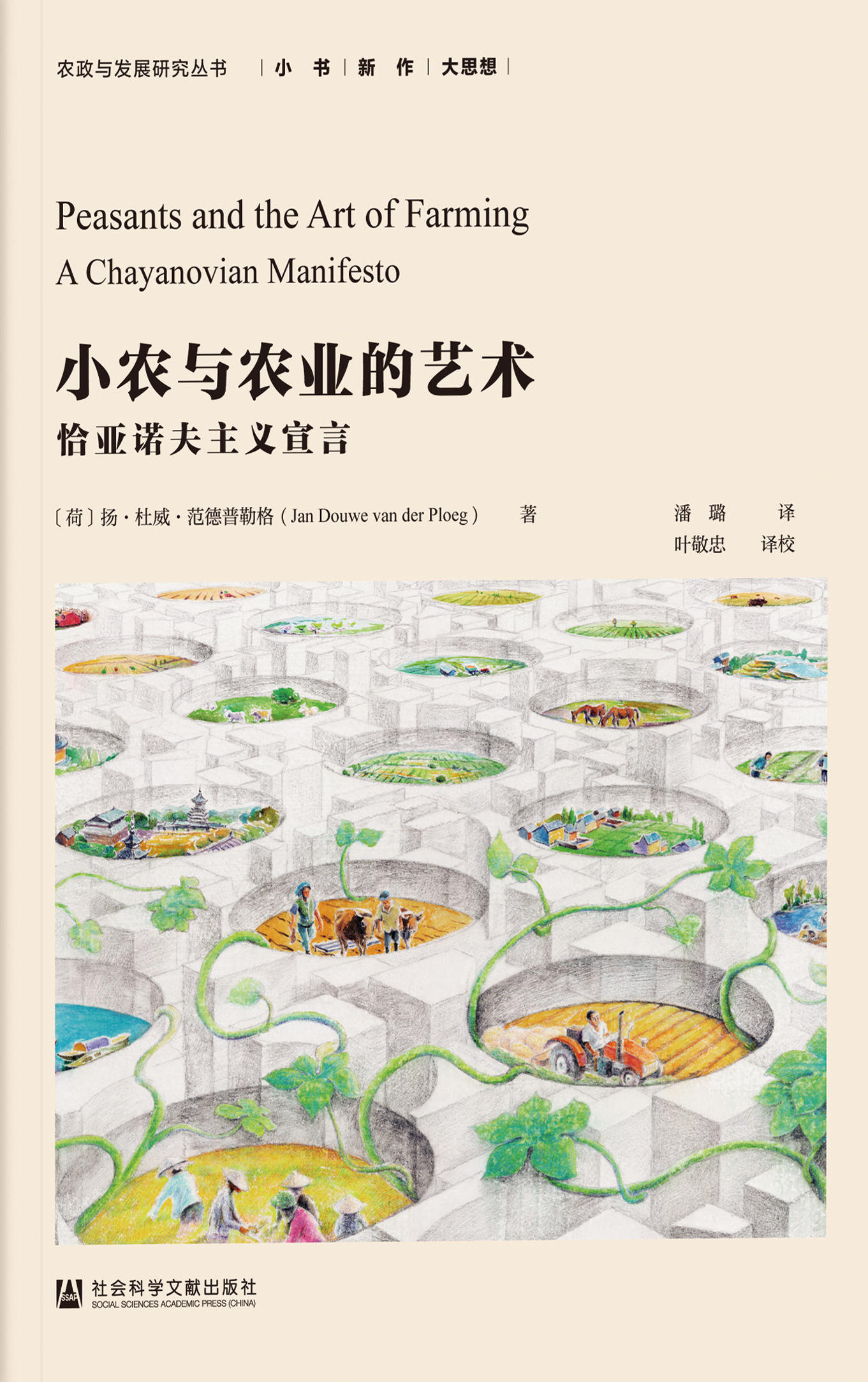Struggles for Autonomy and Sustainability
The New Peasantries: Struggles for Autonomy and Sustainability in an Era of Empire and GlobalizationLondon and Sterling,
VA: EARTHSCAN, 2009. xx + 356 pp., maps, photographs, tables
Marc Edelman
In the preface to this innovative, theoretically rich and provocative new book, Jan Douwe Van der Ploeg remarks that “much attention was given to the peasantry during the grand transformations of the last two centuries, and many of the resulting theories centred on the peasant as an obstacle to change and, thus, as a social figure that should disappear or be actively removed” (xiii–xiv). A professor at Wageningen University in The Netherlands, one of the foremost centers worldwide of critical agrarian studies, Van der Ploeg contrasts “the manufactured invisibility” of peasants with the their striking “omnipresence”—there are now more peasants than ever before in history and they still constitute some two-fifths of humanity.
The argument of The New Peasantries is straightforward, even though the exposition is complex and at times a bit convoluted (the copious flow charts often help to clarify the sometimes prolix prose, though in a number of themes in parts of the text—it’s easier to see the trees than the forest). For heuristic purposes Van der Ploeg distinguishes peasant, entrepreneurial and large-scale corporate or capitalist modes of agriculture. The boundaries between these three ideal types are, he acknowledges, blurry, since peasants increasingly engage in market-oriented production and entrepreneurial farmers, if they succeed, do so in large measure through expanding the scale of their operations and assuming corporate forms. He points to three key processes that shape the contemporary countryside: the industrialization of agriculture; repeasantization or the retreat of non-peasants or former peasants into “defensive” or “autonomous” peasant-like forms of production oriented significantly around subsistence; and “deactivation,” which refers to the “containment” or breakdown of any of the three main modes of agriculture and its disappearance or partial or complete transformation into one of the other modes.
Read more in pdf
- Struggles for Autonomy and Sustainability






NEW
Jan Douwe van der Ploeg
Formerly Professor and Chair of Rural Sociology and Emeritus professor of Transition Studies at Wageningen University (WUR), the Netherlands and Adjunct Professor of Rural Sociology at the College of Humanities and Development Studies (COHD) of China Agricultural University (CAU) in Beijing, China.
e-mail: clic here
Jan Douwe van der Ploeg
Formerly Professor and Chair of Rural Sociology and Emeritus professor of Transition Studies at Wageningen University (WUR), the Netherlands and Adjunct Professor of Rural Sociology at the College of Humanities and Development Studies (COHD) of China Agricultural University (CAU) in Beijing, China.
e-mail: clic here